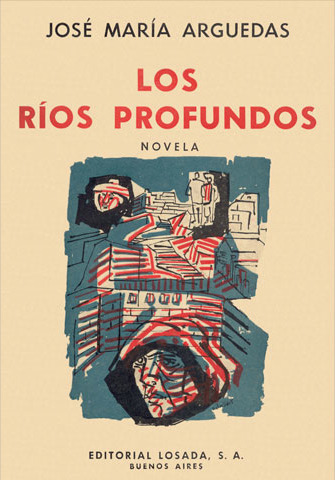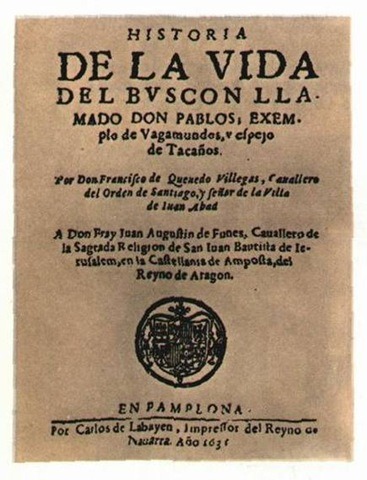“Los ríos profundos,” Arguedas
"Los ríos profundos,“ or "Profound Rivers” in English, is a massive novel (400+ pages) that follows the life and maturation of Ernesto, a Peruvian boy. A type of bildungsroman, Ernesto’s mother is dead and his father has left him at a boy’s school because he has to travel for work. Ernesto had traveled with his father for a time, and yearns to be back on the road and not stuck in the school. The novel follows Ernesto’s experiences in the school, both good and bad, as he earns the trust and friendship of some of the other boys in the school, even though he is considered an outsider. Gender and indigenism issues arise as themes of the novel.

"Los ríos profundos,“ por José María Arguedas, es una novela enorme (400+ páginas) que sigue la vida y maduración de Ernesto, un chico peruano. Un tipo de bildungsroman, la madre de Ernesto ha muerto y el padre lo ha dejado en una escuela para niños porque tiene que viajar para el trabajo. Ernesto había viajado con su padre por un tiempo, y anhela para estar en camino con su padre otra vez y no atascado en la escuela. La novela sigue las experiencias de Ernesto en la escuela, buenas y malas las dos, como gana la confianza y la amistad de algunos de los otros chicos en la escuela, aunque es considerado un forastero. Los asuntos de género y de indigenismo se presentan como temas de la novela.
~~~
"Historia de la vida de Buscón,” Quevedo
Let’s do a 180 in terms of time periods and move to 17th century Spain. Quevedo was one of the most famous poets and writers of the time, and his book “Story of the Life of Buscón,” was and still is widely read. Like “Los ríos profundos,” however, it follows the life of Pablos, who doesn’t have a father and whose mother sent him to find work and pursue a new life, knowing she would never see him again. He recounts his experiences like Lazarillo de Tormes, but unlike Lazarillo, who the reader saw settled and living a kind of happily-ever-after, this is not to be for Pablos.

Vamos a hacer un 180 en términos de periodos de tiempo y mover al siglo XVII en España. Quevedo fue uno de los escritores y poetas más famosos del tiempo, y su novela “Historia de la vida de Buscón,” era y todavía es leído extensamente. Como “Los ríos profundos,” sin embargo, sigue la vida de Pablos, quien no tiene un padre y cuya madre lo envió para encontrar trabajo y perseguir una nueva vida, sabiendo que nunca va a verlo otra vez. Relata sus experiencias como Lazarillo de Tormes, pero a diferencia de Lazarillo, quien el lector vio acostumbrado a una buena vida y viviendo un tipo de vivieron felices y comieron perdices, esto no va a ser para Pablos.